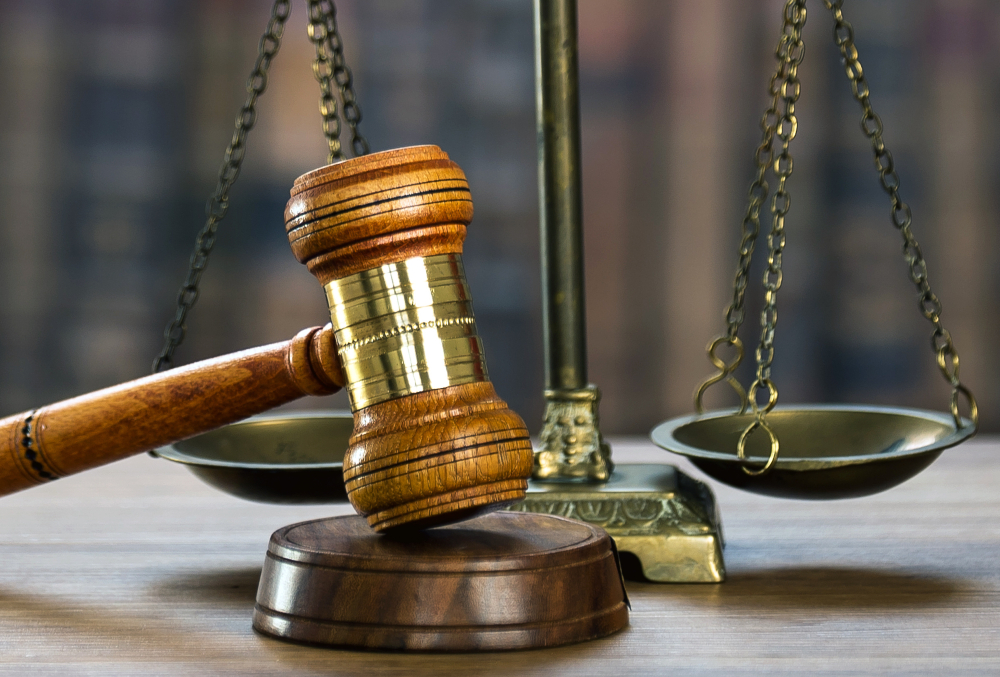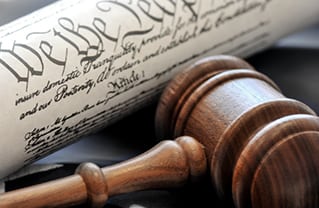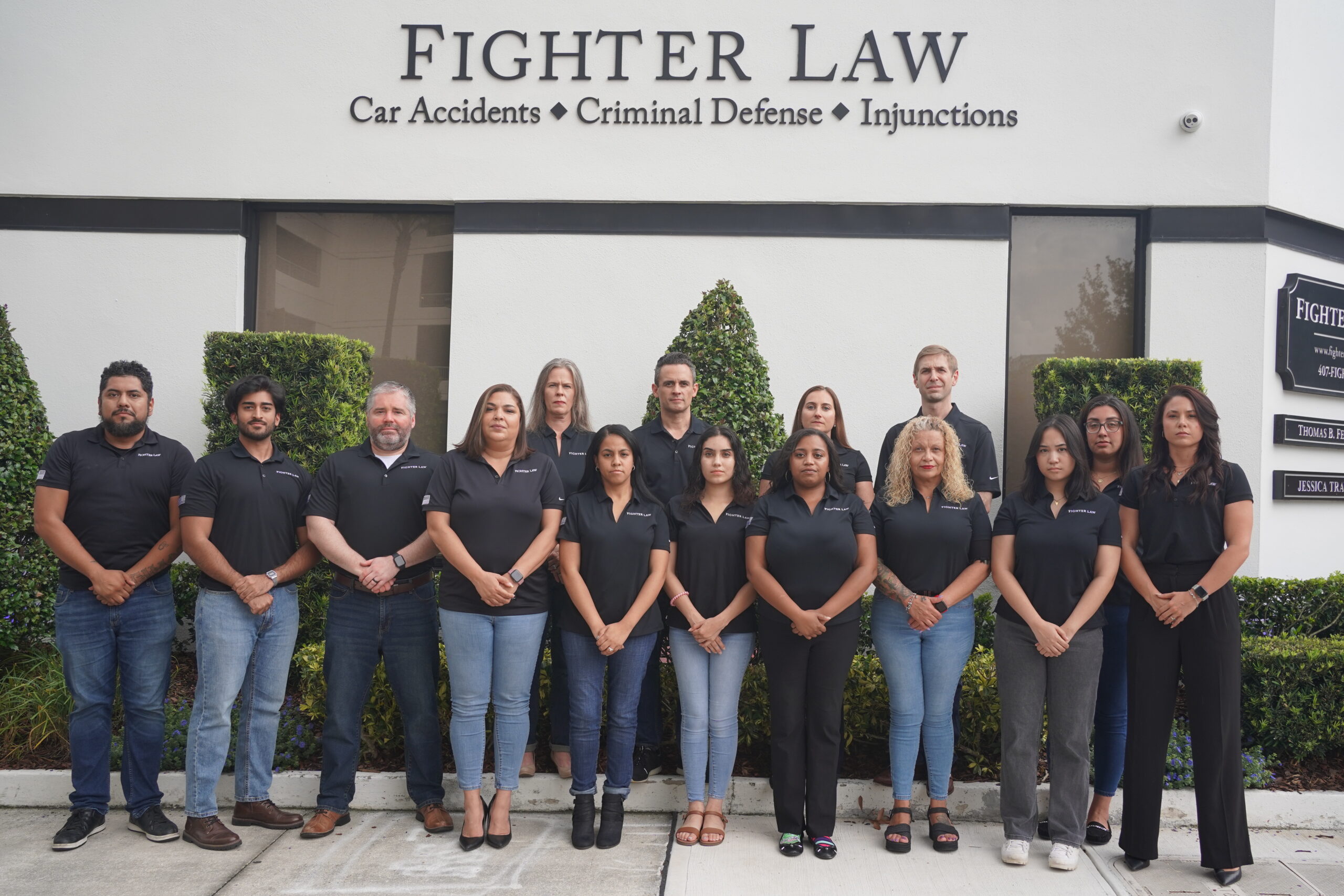Orlando Stalking Injunction Lawyer
An Orlando Stalking Injunction Lawyer can help you (1) get an injunction for your protection; or (2) fight against an injunction that is pending against you. Don’t wait to call us or message us! You can use the form on this page – or you can call or text us at 407-344-4837. You have nothing to lose – and you may gain a lot of knowledge.

In Florida, the legal definition of stalking is willful, malicious, and repeated following, harassing, or cyberstalking another person. The stalking has to (1) be directed at a specific person; (2) cause that person substantial emotional distress; AND (3) not serve any legitimate purpose.
Stalking can occur between any two parties; however, it is often between cheating spouses or others involved in romantic relationships. Victims of stalking in Florida may seek an injunction for protection against stalking so long as they can present credible evidence. The burden of proof is on the petitioner to show to the court (by a preponderance of the evidence standard) that they have been the victim of stalking and they need the court’s protection. The petitioner must present competent, substantial evidence to the court. If you are a victim of stalking or being falsely accused, contact Fighter Law firm to speak with one of our Orlando stalking injunction lawyers for help.
Resources For Orlando, Florida Stalking Injunctions
-
A Step by Step Guide on How to Get Text Messages From Someone Else
-
Florida Stalking and Aggravated Stalking Laws
-
What Will Sustain an Injunction for Protection Against Stalking?
-
How to Fight Stalking Accusations
-
Emotional Distress
Stalking and Harassment Laws in Florida
Stalking is a pattern of behavior that is harassing to the victim. Under the law, to “harass” means to engage in a course of conduct directed at a specific person which causes substantial emotional distress to that person and serves no legitimate purpose. The courts generally consider contact to be legitimate when there is a reason for the contact to occur other than to harass the victim. The court also uses the reasonable person standard when determining “substantial emotional distress.” Stalking is a first-degree misdemeanor offense.
Under Section 784.048 of the 2018 Florida Statutes, aggravated stalking takes place when a person willfully, maliciously, and repeatedly follows, harasses, or cyberstalks another person and makes a credible threat to that person. “Cyberstalking” is a series of events that communicate words or images through email or other electronic means and cause you substantial emotional distress. Aggravated stalking is a third-degree felony offense. Our experienced stalking injunction attorneys understand the cyber harassment laws in Florida. Therefore, we are dedicated to fighting for your rights.
Men and women affected by stalking may seek an injunction for protection regardless of whether criminal charges were filed. Schedule a free consultation with our stalking injunction attorneys in Orlando to get the proper legal help. Our attorneys have the knowledge and experience on how to prove stalking in Florida which could help you obtain the justice you deserve.
What Will Sustain an Injunction for Protection Against Stalking?
A person seeking a stalking injunction in Orlando must allege and prove at least two separate stalking incidents. The court holds that a petitioner is a victim of stalking when the respondent has:
- Repeatedly made phone calls or sent text messages or e-mails with no legitimate purpose
- Destroyed the Petitioner’s personal property
- Another order of protection against him or her from another jurisdiction
- A violent criminal history
- Used or threatened to use weapons against the Petitioner
- Threatened to harm the Petitioner, the Petitioner’s family members or close friends
- Previously threatened, harassed, stalked, cyberstalked, or abused the Petitioner
- Committed stalking
Anyone seeking a stalking injunction in Orlando must present evidence of the above to secure the protective order. If the petitioner presents competent and substantial evidence of stalking, the court may serve a temporary injunction. The court does not need to notify the respondent of this action, meaning it may take several days or weeks for the subject of the injunction to find out about it. Contact our Orlando stalking lawyer for a free case review.
“Two Incidents of Stalking”
To successfully get an injunction for stalking, the petitioner must allege and prove two separate instances of stalking. Each incident of stalking must be proven by competent, substantial evidence.
The law requires that the stalking (or cyberstalking) be “repeated” – in other words, it has to happen more than once. And both times have to be proven with sufficient evidence. So even if a person can prove that you maliciously drove by their house one time, that is was not for a legitimate purpose, AND that it caused them substantial emotional distress, that is NOT enough to get an injunction because the law requires at least 2 incidents – and one is not enough no matter how bad it is.
“Substantial Emotional Distress”
When considering the sufficiency of the evidence, the court must apply a reasonable person standard (not a subjective standard) to determine whether an incident causes substantial emotional distress.
Many people feel uncomfortable when other individuals relentlessly pursue them. Simply receiving a stream of gifts from a person in which you are not interested may cause stress in your life; however, the court must use the reasonable person standard to establish substantial emotional distress when you seek an injunction.
In other words, even if you felt substantially emotionally distressed, it would not be enough if a “reasonable person” would not have felt substantially emotionally distressed by the action. Receiving unwanted flowers or non-threatening letters or cards are not sufficient to constitute stalking; however, these actions shown alongside other, more threatening actions, may persuade the court to grant an injunction. Our experienced Orlando stalking injunction lawyers know to listen carefully for this.
“Legitimate Purpose”
What exactly is a legitimate purpose? Conduct is “legitimate” when there is a reason for the contact or conduct other than to harass the victim. So it really depends on the circumstances. If a wife contacts many times a woman who is sleeping with her husband, that contact (even if it hundreds of text messages and/or calls) is NOT stalking because there is a legitimate purpose for it. The legitimate purpose is that she is trying to save her marriage. The case of Leach v. Kersey, 162 So. 3d 1104 (Fla. 2d DCA 2015) [40 Fla. L. Weekly D904b], explains this point pretty well if you want to read more.
“Directed At” Definition
What exactly does it mean for speech or conduct to be “directed at” a specific person? Here is why speech or conduct has to be directed at the person seeking the injunction: The First Amendment (right to free speech) prevents an injunction from being directed to prevent defamatory speech. Therefore only speech or conduct directed AT a person can be prevented with an injunction – not speech or conduct ABOUT that person. Here is a recent case that explains this – MICHAEL DITANNA, Appellant, v. BLAKE EDWARDS, Appellee. 4th District. Case No. 4D20-1619. June 30, 2021.
How to Fight Stalking Accusations
A person accused of stalking has the right to protect his or her reputation. Although injunctions are civil proceedings, their effects mirror some effects of criminal charges. An injunction cannot be removed from your record. As it is public information, anyone — including your boss or prospective employer — can find it. As such, it is crucial to work with a skilled criminal defense attorney to fight allegations of stalking.
If you must show up in court for an injunction hearing, it’s important to act quickly to obtain an Orlando stalking injunction attorney as soon as possible. Often, respondents do not know they have an injunction against them until weeks after the court issues a temporary injunction. The final injunction hearing is the date the court decides whether to make the injunction against you permanent.
What Happens to Me if I Violate a Stalking Injunction in Orlando?
The Florida Legislature passed a law, which specifies exactly what has to happen if a person violates a stalking injunction. For example, a person who willfully violates an injunction for protection against stalking commits a first-degree misdemeanor. If that person has two or more prior convictions for a violation of a stalking injunction, and who subsequently commits a violation of any injunction against the same victim, commits a felony of the third degree.
Probably the most interesting part of this stalking Florida statute is that any person, who suffers an injury and/or loss as a result of a violation of an injunction for protection against stalking, may be awarded economic damages for that injury and/or loss by the court issuing the injunction. Damages include costs and attorneys’ fees for enforcement of the injunction! Contact our Orlando stalking injunction attorney for legal representation.
Can the Court Take Away My Right to Own or Possess Firearms?
Yes! Even though there is direct law on this point, judges and law enforcement get this wrong all the time. As an experienced Orlando stalking injunction lawyer, here is where I can help. The Florida Statutes on point (section 790.233 and section 784.0485) do NOT provides express authority for a judge to prevent a person from owning or possessing firearms or ammunition with a temporary stalking injunction. Now section 784.0485(5)(a) does provide the trial court with implicit authority to take away your right to own or possess firearms if and when a final stalking injunction is issued. But this only applies while any final injunction is actually in force. Once it expires, it no longer applies. If a court tries to take away your right to possess a firearm with a temporary stalking injunction, call our Orlando stalking injunction lawyers right away, and we can file a motion to amend that condition. The case law on this is a 2021 case called Dean v. Bevis, 46 Fla. L. Weekly D1314a.
Speak With Our Orlando Stalking Injunction Lawyers
Whether you must act against a stalker or seek to protect your reputation from false accusations or are accused of a violation of an injunction against stalking the Fighter Law Firm helps petitioners and respondents seek the best outcome possible in their stalking cases. You have the right to legal representation whether you are a victim of stalking or being accused of it. Exercise your rights by working with our injunction lawyers in Orlando.
Attorney Thomas Fighter has been named the Florida Bar’s Board Certified Lawyer of the Year in 2015 and is one of few attorneys in the area who is Board Certified in Criminal Trial Law by the Florida Bar and an AV Rated Preeminent Lawyer. Speak to him about your case with a free consultation when you call (407) FIGHTER (344-4837) or complete our contact form.









